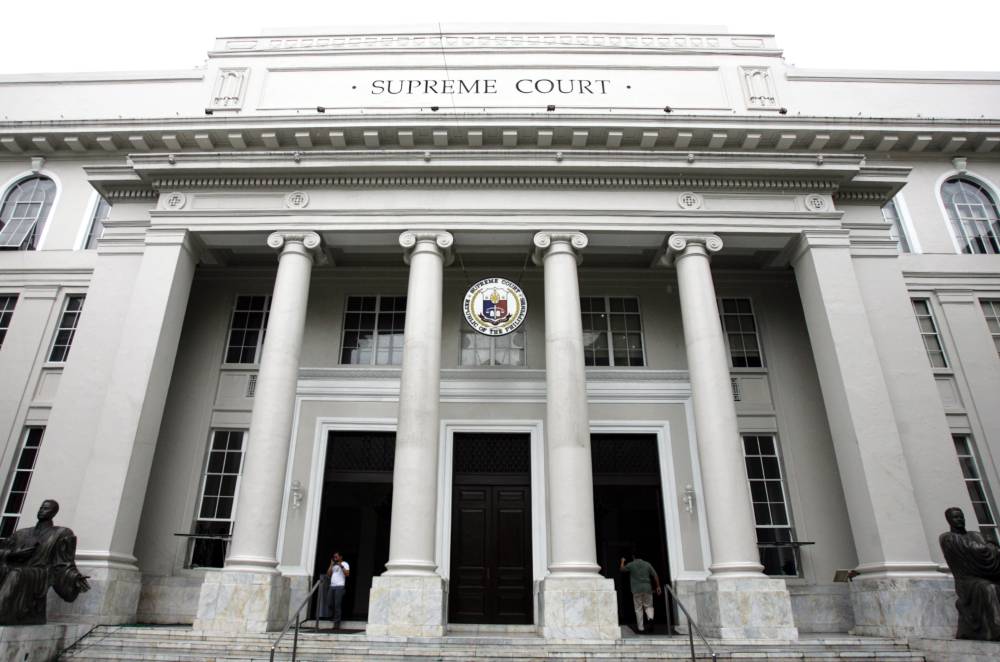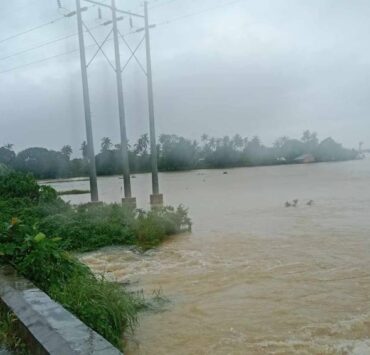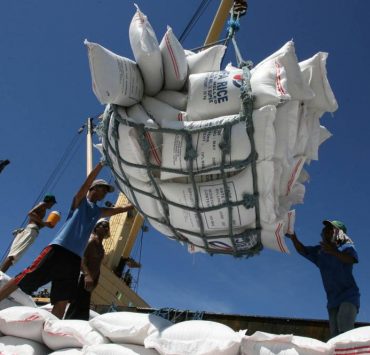Supreme Court voids COA’s administrative sanction vs PhilHealth official

The Commission on Audit (COA) does not have the authority to impose administrative sanctions, the Supreme Court said, as it set aside the commission’s ruling penalizing a Philippine Health Insurance Corp. (PhilHealth) officer in Central Luzon for irregular payments.
In a 25-page en banc decision promulgated on May 28 but made public only on Wednesday, the high tribunal reminded the COA that an audit “is not an exercise of the government’s administrative supervision over public officers.”
The case stemmed from the notices of disallowances (NDs) issued by the state audit team in 2011 to PhilHealth Region III officers, including petitioner Jess Christopher Biong, who was then the head of the General Services Unit.
The disallowances, worth P1.1 million, were issued after the audit team found payments were made to Silicon Valley for printer inks and toners despite delays in delivery, lack of inspection reports and falsified supplies withdrawal slips.
Valid obligation
While the COA ruled the payments were irregular, it also found that PhilHealth Region III had a valid obligation to pay Silicon Valley since it received the supplies.
The commission found Biong civilly liable for the disallowance for his “apparent and consistent negligence” when he certified that the items were delivered and for failing to discover the falsified supplies withdrawal slips.
This prompted Biong to file a petition for certiorari before the Supreme Court.
In granting the petition, the high tribunal found the disallowance improper because the falsification of supplies withdrawal slips, while irregular, happened after the transactions were completed.
“If the irregularity transpired after the expenditure had been incurred, or worse, was disconnected from the transaction in question, disallowance is not warranted,” the Supreme Court said in its decision on G.R. No. 258510 penned by Associate Justice Henri Inting.
The high court emphasized that liability for disallowance involves reimbursement or repayment for any loss incurred by the government. However, if no loss occurs, reimbursement is unnecessary.
Since PhilHealth Region III incurred no loss in paying Silicon Valley for supplies it already received, the high tribunal ruled that Biong could not be compelled to reimburse the government.
It further noted that imposing a civil liability on Biong could resemble a fine or penalty, which was beyond the COA’s authority. INQ

















